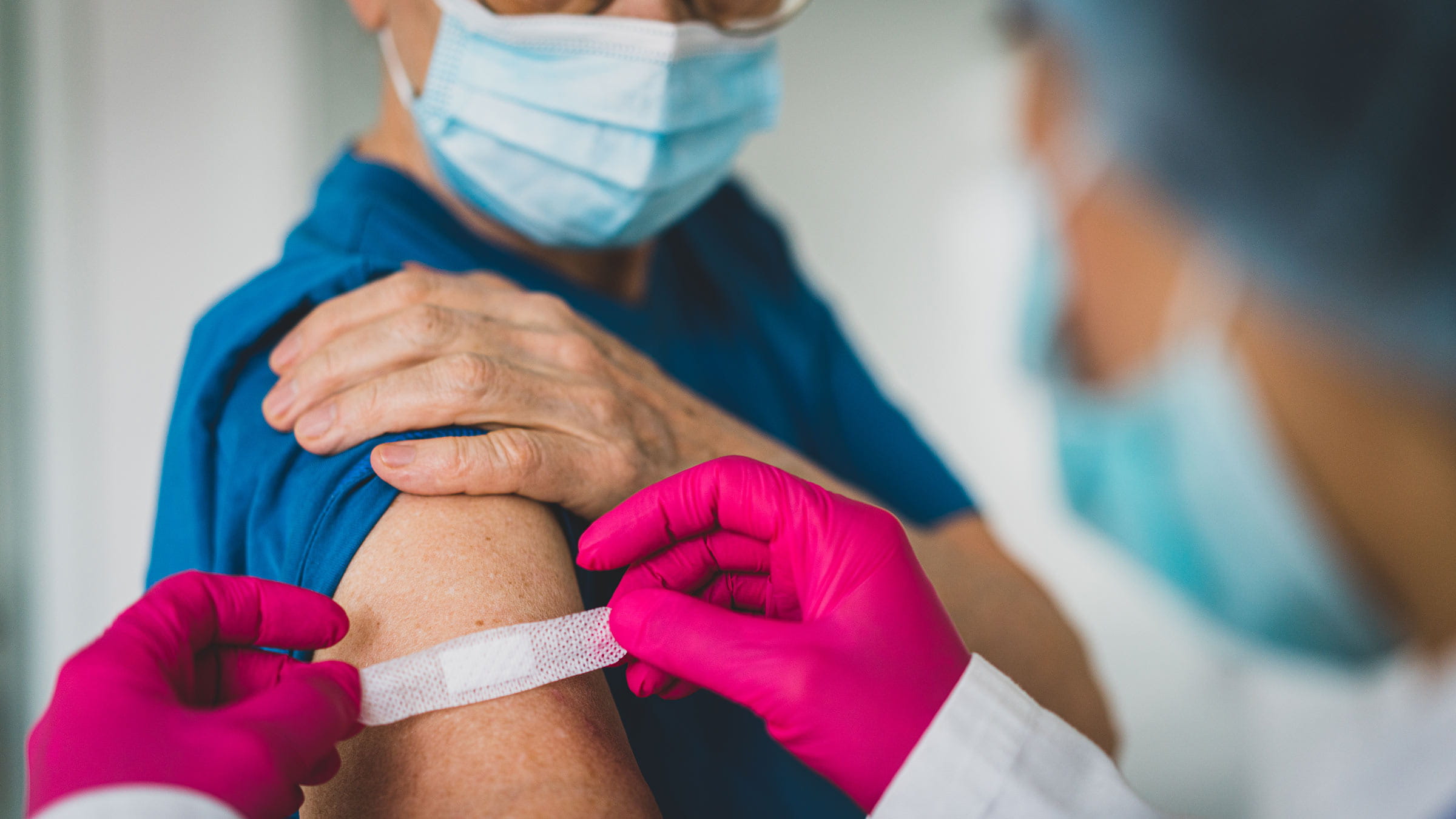
Editor’s note: As what we know about COVID-19 evolves, so could the information in this story. Find our most recent COVID-19 articles here and learn the latest in COVID-19 prevention at the Centers for Disease Control and Prevention. Some photos and videos on this site were filmed prior to the COVID-19 outbreak or may not reflect current physical distancing and/or masking guidelines.
We’ve learned a lot about COVID-19 over the past few years. As people began to recover from their acute infections, it became clear that, for some, the journey with COVID-19 wasn’t over. Typically, people recover from an initial COVID-19 infection in three to four weeks. But we now know that millions of people suffer from lingering symptoms long after they became infected. This condition goes by a number of names, including long COVID, long-haul COVID, chronic COVID, post-acute COVID syndrome, and post-acute sequelae of SARS-CoV-2 infection (PASC).
Long COVID symptoms
People with long COVID experience a wide variety of health issues, which can range in severity from mildly annoying to extremely debilitating. The body systems most frequently affected are:
- Nervous system – difficulty with concentration and memory (also known as brain fog), dizziness, headaches, depression and sleep impairments
- Respiratory system – shortness of breath, chest tightness, cough, exercise intolerance and vocal cord dysfunction
- Cardiovascular system – chest pain, heart palpitations (awareness of your heartbeat), shortness of breath, leg swelling and cough
- General – physical fatigue, emotional fatigue and cognitive fatigue
Being vaccinated can prevent long COVID
Given that COVID-19 vaccines and boosters are quite effective in reducing the severity of COVID-19, it seems logical to ask if being vaccinated decreases the risk of developing long COVID. The answer is yes. Scientists at the United Kingdom Health Security Agency reviewed 15 studies that examined this question. They determined that people who received two doses of the Moderna, Pfizer or AstraZeneca vaccines, or one dose of the Johnson & Johnson vaccine, reduced their chances of developing long COVID by half. This effect was more pronounced in people who were at least 60 years old than those who were in the 18-35 age group.
Although vaccination cannot prevent an acute COVID-19 infection or guarantee that you will not develop long COVID, it significantly reduces your risk of long-term adverse health effects. Be sure to discuss this with your health care provider to determine the vaccination strategy that’s best for you.

Ready to get vaccinated?
We have appointments available as early as today.
Schedule now




